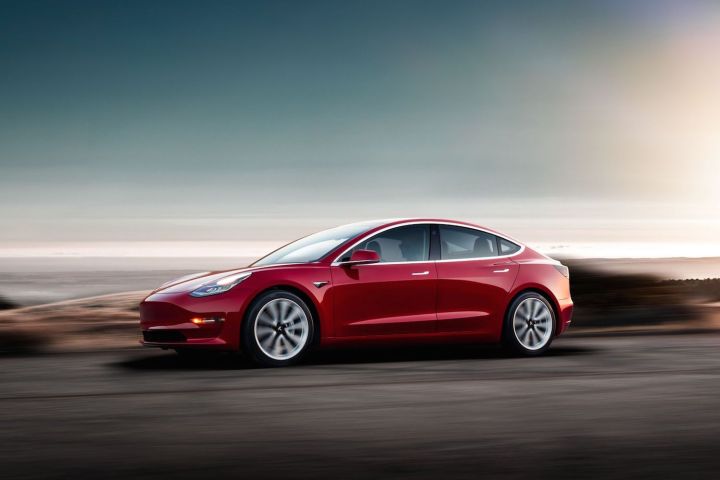
Speaking during an earnings call, Tesla co-founder and CEO Elon Musk revealed the California-based company posted a sizable $702 million loss during the first quarter of 2019. That figure — the fourth-biggest loss since Tesla went public in 2010 — reflects the difficulties faced by the company as it ramps up delivery of the Model 3 in the United States and abroad, and flattening demand for the bigger Model S and Model X.
Tesla delivered about 63,000 cars during the first quarter of the year. That’s an alarmingly low figure; in 2018, its third- and fourth-quarter deliveries stood at 83,500 and 90,700 units, respectively. After exiting production purgatory, the period during which Tesla struggled to mass-produce the Model 3, the company seems to now be stuck in delivery hell. Musk explained shipping its entry-level model to customers in North America, in Asia, and in Europe from a single factory is a nightmare.
“This is the most difficult logistics problem I’ve ever seen, and I’ve seen some tough ones,” he said. Tesla is far from being the only company in this situation; almost every SUV made by BMW is manufactured in South Carolina, for example. Mercedes-Benz is in a similar situation with its own SUV portfolio. The problem isn’t impossible to overcome, and Musk strongly believes deliveries will rise in the not-too-distant future.
The storm isn’t over quite yet, however. Musk predicted Tesla will post another loss in the second quarter of the year, though it will be much smaller than its first-quarter loss. He expects the company will deliver between 90,000 and 100,000 cars. And, he promised the company will return to profitability by the third quarter of 2019 “as the impact of higher deliveries and cost reduction take full effect.”
The cost reduction measures he alluded to include closing several stores around the world, and switching to an online-only sales model. Tesla also rejiggered its lineup of models several times, adding and removing variants of its cars, and changing its pricing strategy.
Tesla’s disappointing performance wasn’t the only subject brought up during the earnings call. Musk also announced Tesla is getting into the insurance business. The company’s plans will address the fact that its cars are normally more expensive to insure through bigger providers than comparable vehicles from more mainstream brands.
“We are creating a Tesla insurance product. We are hoping to launch that in about a month. We think it will be much more compelling than anything else out there,” Musk said during the call. Pricing, information, and availability will presumably be released in the coming weeks.



